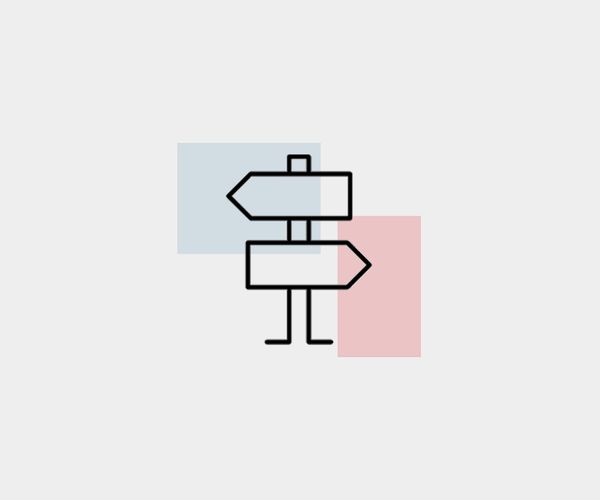There’s a lot going on at the beginning of the term, and we appreciate WR instructors carving out a little time to assign the Writing Program’s common literacy narrative assignment, which is a key part of all students’ cumulative portfolios. One goal of the assignment is to get students thinking flexibly about literacy and language from Day 1 of their WR experience. Another is to help instructors get to know students–in general and as language users. You can use the assignment to introduce your course to your students as well.
—Amber Peterson, “Literacy Is More Than Just Reading and Writing,” NCTE
For example, as you assign the literacy narrative in the first week of the semester, consider taking a few minutes in class to connect the broad definition of literacy it offers to your own course:
- How might students draw on the kinds of literacy they already have–such as a tradition of family storytelling or the phenomenon of inventing new slang within a close-knit friend group–in the assignments and activities you have planned for the semester?
- What kinds of course topic-related literacy might they have, and what kinds will the course help them develop?
- Consider tapping into the questions the assignment poses about literacy and community to frame a discussion about class participation expectations or classroom community agreements.
Following up later in the term with one of the quick in-class or homework reflections below will reinforce the themes of the literacy narrative and encourage transfer of learning.
Remind students who have written the literacy narrative in a previous WR course that they do not need to re-do the assignment; however, they should ensure that the literacy narrative and their entire portfolio are shared with you, and they should probably revisit their assignment in order to refresh their memory and participate in shared conversations.
Suggested Midterm Reflections: Considering Language and Community
Reflect on how the drafting and peer reviewing we have done so far have affected your sense of yourself as a writer and as part of a community of writers. How has reading your peers’ work in our review sessions affected your knowledge of the way other writers use language? How has reading other writers’ work–and their feedback on your drafts–led you to reflect on your own linguistic choices? What kinds of feedback makes you feel empowered as a writer?
What experiences around language or literacy outside of the class this semester have informed your thinking about your language (e.g. visiting a writing consultant; talking with a professor; meeting peers who come from different places than you; volunteering or club activities)? Do you see your own language changing because of interactions through reading, listening, speaking, and/or writing?
Suggested End-of-Term Reflections: Looking Back on the Literacy Narrative
Consider the literacy narrative that you wrote at the beginning of the term in which you reflected on your experiences of speaking, listening, reading, and writing in the communities of which you are a part. What key experiences might you add to your narrative now considering the work you have done this term and your interactions with fellow writers in our class? What have you learned about your identity as a writer and member of the BU community? What new knowledge about your identity as a writer might you carry forward into your work in your major or beyond the classroom into other communities of which you are a member?
These reflections should complement the broad array of reflective writing you are already assigning. If you choose to have students submit these midterm/end-of-term reflections in writing, remember not to require students to upload them to their portfolios and not to confuse any end-of-term reflections with the final reflective essay that students complete (and do post to their portfolios) in WR 15x classes.
